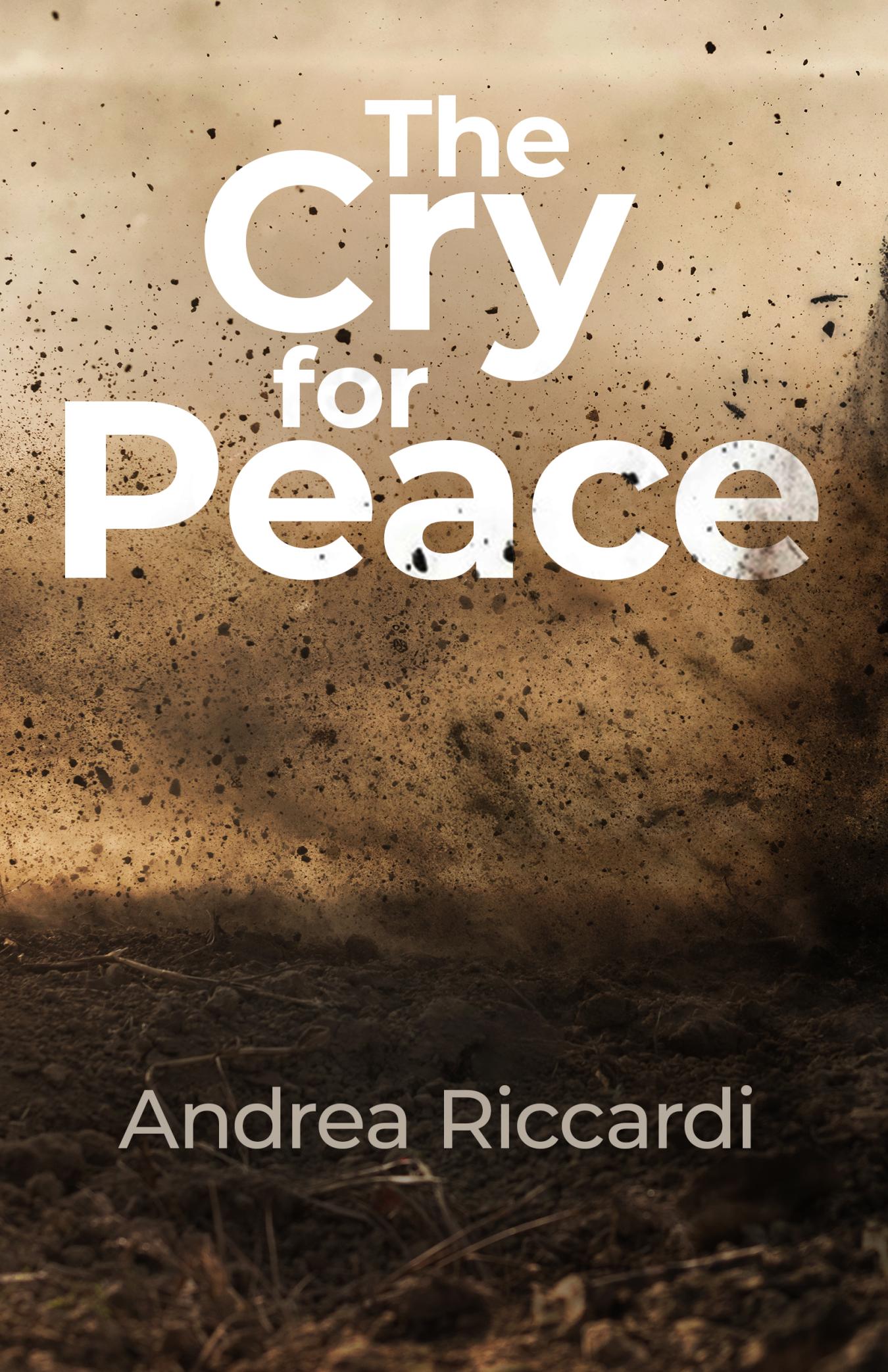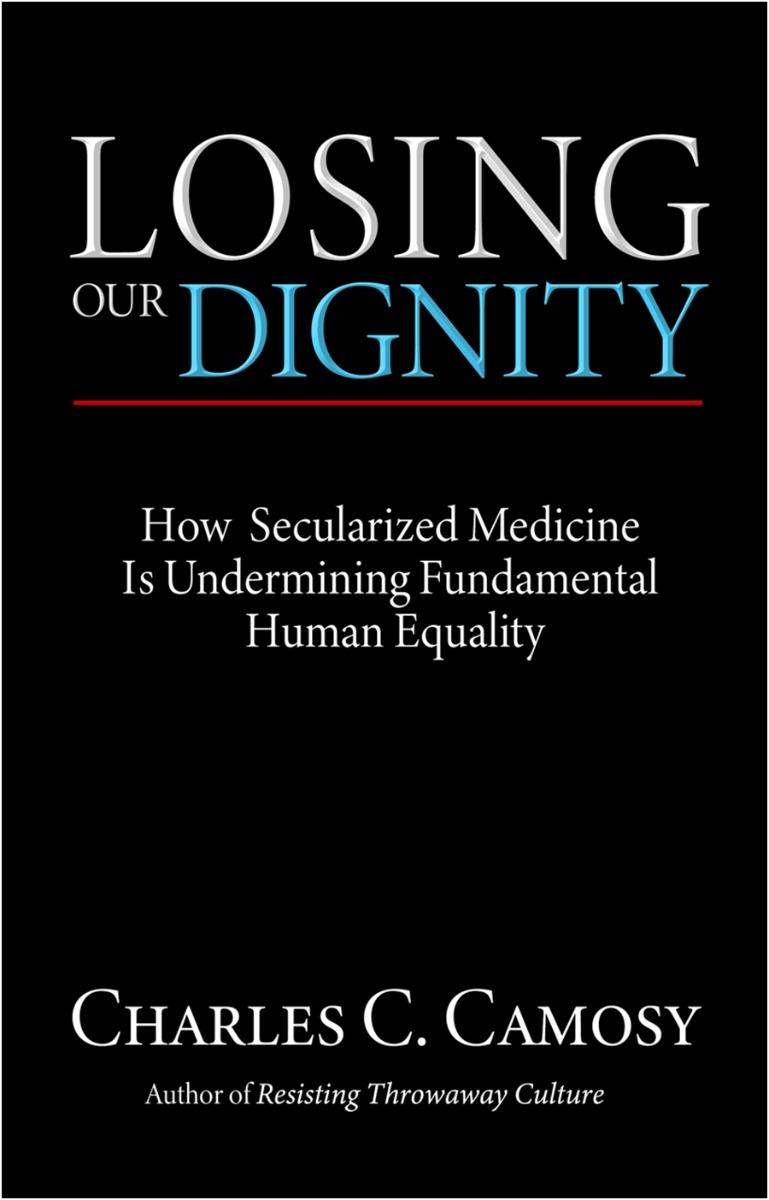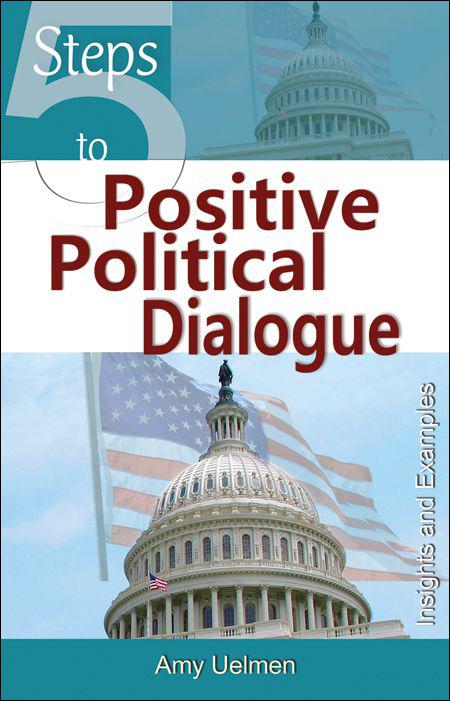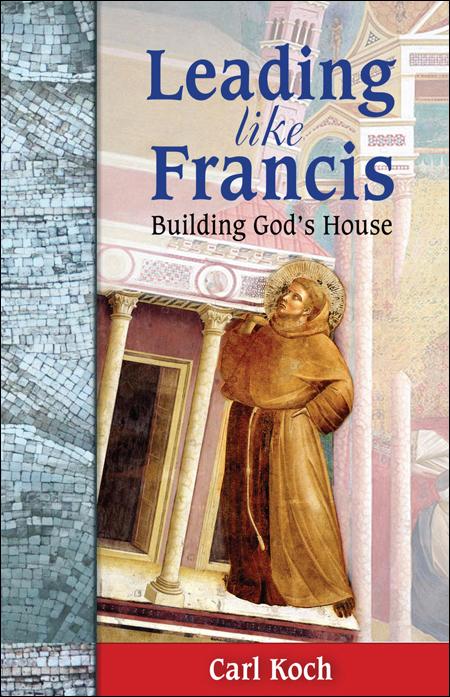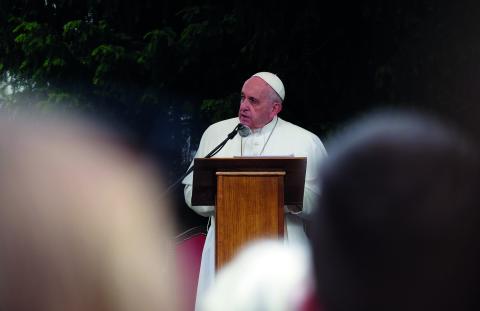5 Steps to Healing Polarization in the Classroom
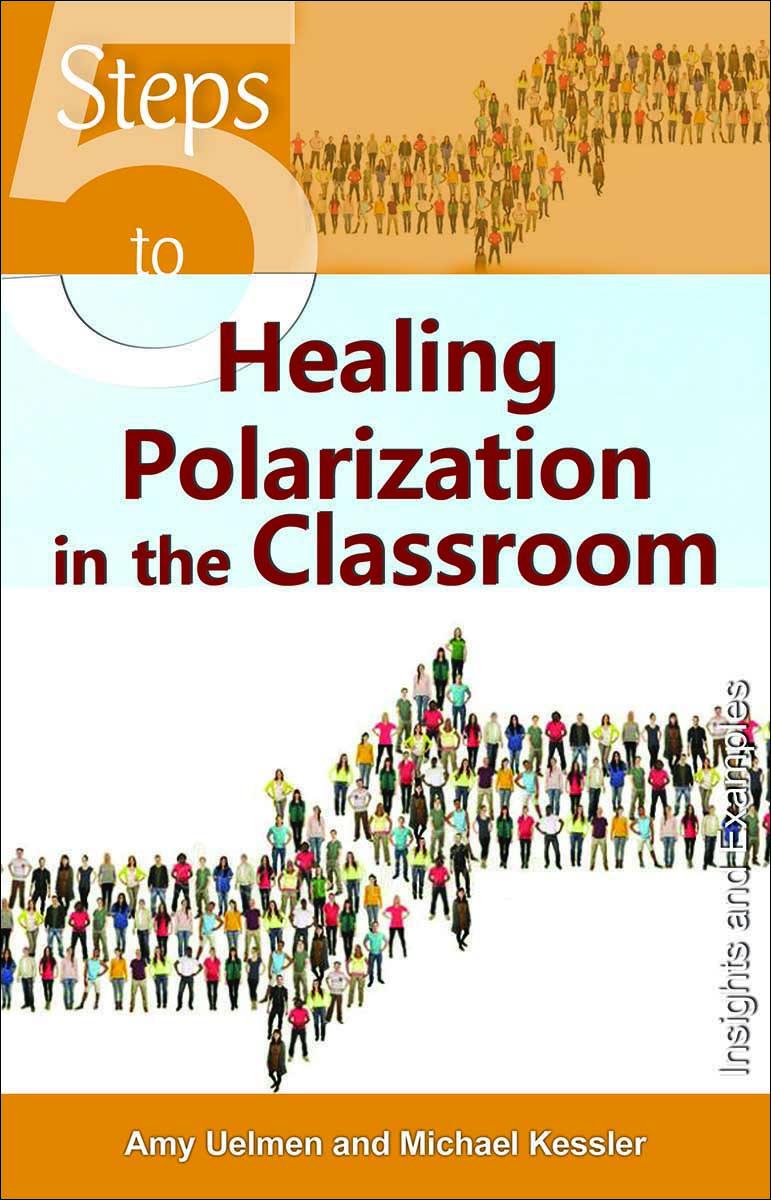
About the book
This practical guide helps teachers and students to foster a learning environment where even the most difficult and divisive issues can be discussed. Examples incorporate the voices and experiences of students.
Watch a video presentation of the book by one of the authors, prof. Amy Uelmen.
Endorsements
Given the turmoil on current college campuses, the classroom may seem an unlikely place for healing political polarization. Amy Uelmen and Michael Kessler clear away the sound bites and culture-war posturing to reveal the transformative potential of the mutual vulnerability that the best teaching brings forward. This book is not wishful academic thinking – it’s a road map shaped by their real-world experience. Uelmen and Kessler show the vital importance of higher education-- not as a tool for mere job training, but for equipping both faculty and students to push back against what Pope Francis calls the ‘culture of indifference.’ This book is an invaluable teacher’s manual for helping students become skilled professionals who know how to practice dialogue in their academic, economic, and personal lives.
Five Steps to Healing Polarization in the Classroom offers easy-to-apply guidelines for teachers who want class discussions to be thoughtful and vulnerable while still being critical. The authors give practical steps to foster a 'hermeneutic of goodwill' which makes space for students to bring their actual viewpoints into the classroom. Depolarization, they argue, doesn't happen when students bracket their commitments but rather when they share them in a structured, supportive environment. This is not just another book about the value of listening and civility, but a helpful guide for educators hoping to unlock the transforming power of dialogue.


